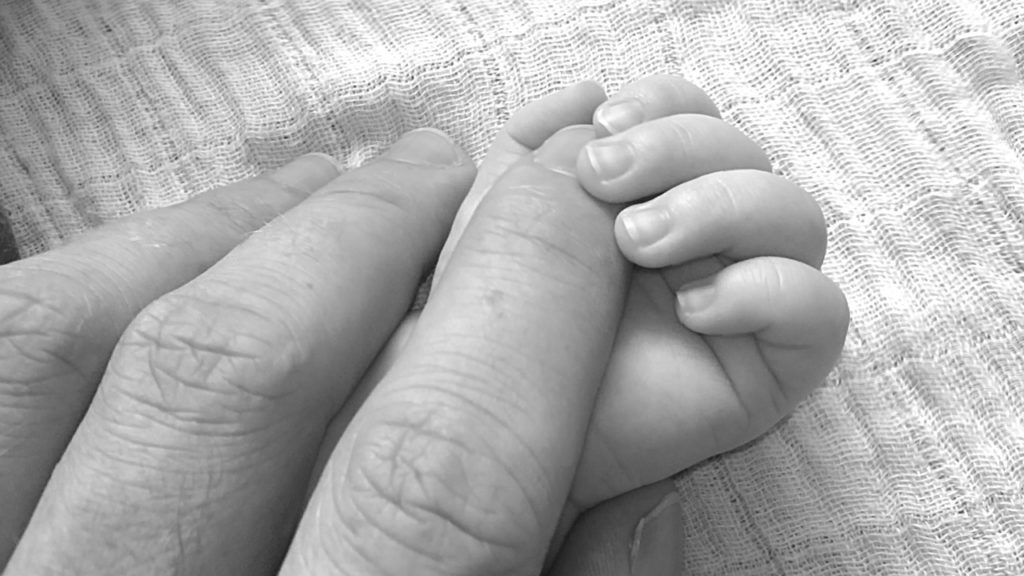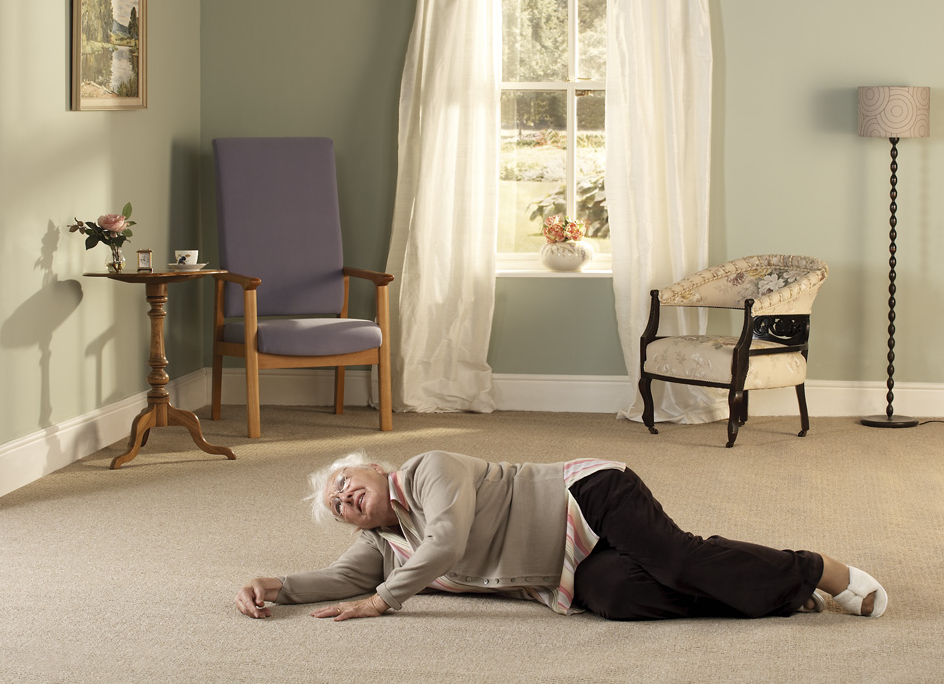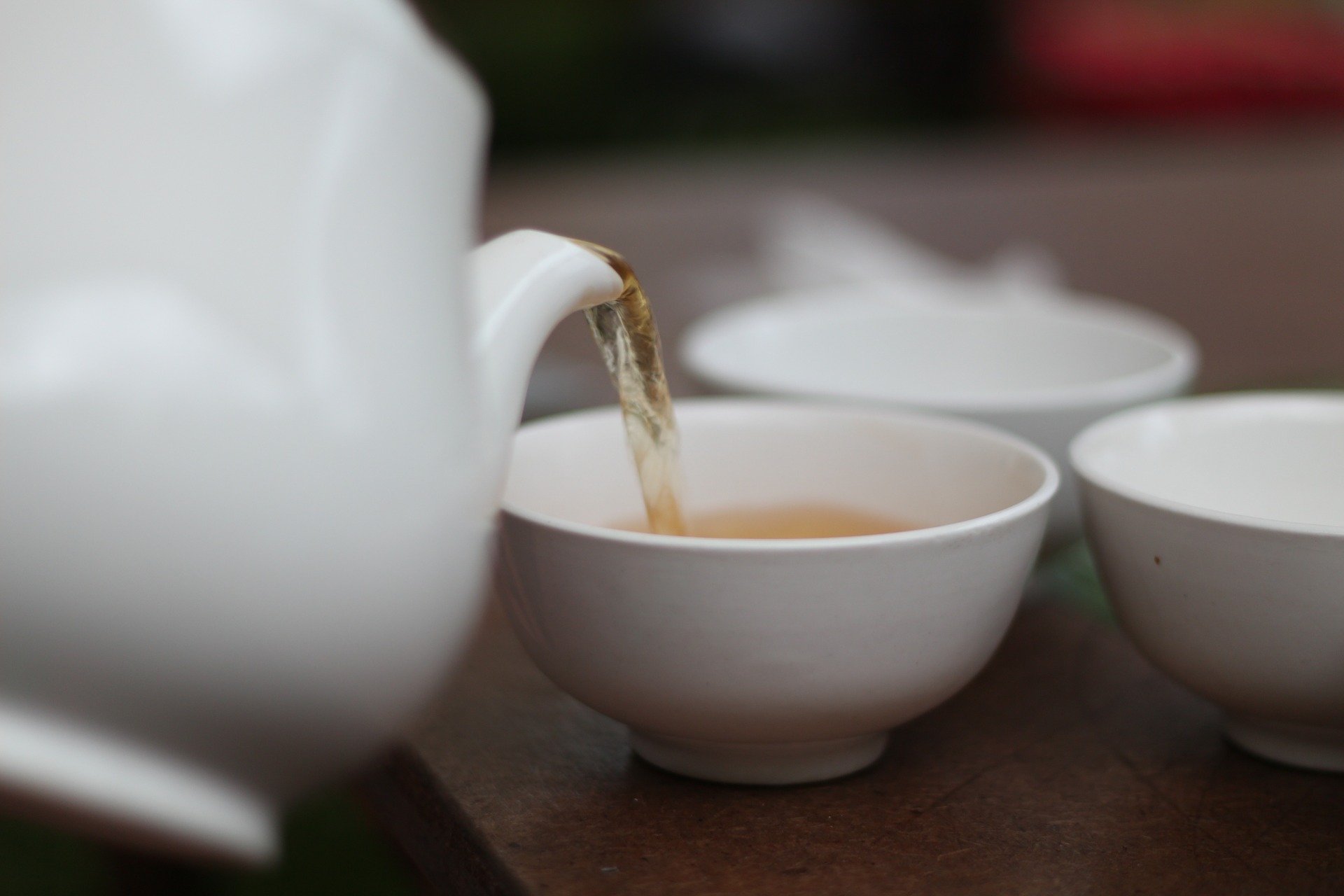Dementia Symptoms Subside When Maternal Instincts Take Over

Morleen Templeman is 83 years old and living with dementia. As part of her dementia, Morleen finds it difficult to clearly communicate with her carers at the Faiross Village in the northern New South Wales town of Bangalow in Australia.
Manager Jo Dwyer explains, “One of the biggest ways Morleen has been affected is her speech. She’ll be muttering and unable to say anything clearly, but very occasionally she might say ‘thank you’ or ‘pretty flower’.
So what is dementia? Dementia is caused by the loss of nerve cells in the brain and unfortunately, when a nerve cell dies, it cannot be replaced. As more cells begin to die the brain starts to shrink causing symptoms which include problems with memory, thinking, problem-solving, language, visual perception and changes in mood.
Dementia isn’t a disease in its own right and is brought on by previous infections which have affected the brain, such as strokes and Alzheimer’s disease. It’s not a natural part of ageing but is a progressive condition so it will get worse.
However, Morleen’s condition changes when a special visitor arrives at the Faiross Village in the shape of carer Shelly Fletcher’s six month-year-old daughter, Lola.
Shelly Fletcher explains, ‘Since we welcomed Morleen into the village her journey has been quite difficult. It is incredible to see the transformation in Morleen when Lola is around. ‘
Manager Jo Dwyer says, ‘ Memories can be triggered in a variety of ways but for many women who have been mothers themselves, nothing beats a cuddle with a baby. I think it’s that long term memory recognizing the maternal love that she will have had her own children and grandchildren ’
Researchers have been trialling and looking into Doll Therapy (DT) since the first study by Milton and MacPhail in 1985 as an effective method of intervening the symptoms of dementia.
A key researcher describes Doll Therapy as a “wise and mindful use of dolls for their symbolic significance to help improve the well-being of people with dementia” (Verity 2006 p.27).
On a global scale, DT research has been expanding and in a positive direction which has identified four main outcomes; it helps elderly people with dementia to do the following:
- Initiate and encourage interaction and communication
- Fulfills attachment and nurturing needs
- Acts as a transitional object
- Provides sensory stimulation through activity
(Mackenzie, Wood-Mitchell and James 2007).
Alander, Prescott and James (2013) witnessed participants carry, feed and dress the dolls which showed their maternal and paternal instincts and nurturing tendencies had not been affected by the effects of living with dementia.
Faiross carer, Shelley Fletcher continued,’When Morleen sees Lola her whole body changes and she puts her hands out like she wants to hold Lola. Her speech improves and she starts to talk in sentences. We naturally both start caring for Lola and she’ll start changing her nappy and things like that.’
It’s not just the residents who benefit from Shelley Fletcher bringing her baby to Faiross Village, as a helping hand is always welcome.
Carers are urging fellow mums to also to bring their children to visit the elderly as it’s a joy for all involved, and especially for those living with dementia.
Sadly, people with dementia have a greater propensity to fall over. The Camel Lifting Cushion allows a fallen person to be lifted safely, quickly and keeps associated stress to a minimum. This is because the user can keep their feet on the ground and they feel more secure.
If you’re interested in finding out further information regarding the Camel please click here.
If you know someone who is living with dementia, or you are living with the condition yourself please feel free to leave us your thoughts and comments below.
- July 31, 2017
- care home
- dementia
- News
- old age
- Real Life Scenario












